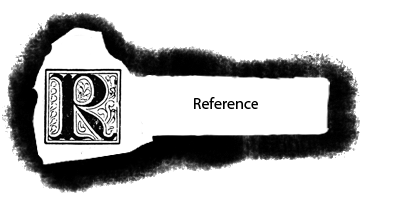
KS3 > Political Reform > MPs
In this section you will learn about the MPs – the men who sat in Parliament – and how they shaped the different Reform Acts.
At the start of this period, many MPs were very wealthy landowners. You needed to be wealthy to become an MP – for a start, you were supposed to own a certain amount of property before you could even stand for election. MPs were not paid when they were in Parliament, so people who needed to work for a living could not become an MP.
Then, many elections were expensive. The rules about who could vote were different depending on where you lived. In many Constituencies, to win you needed to bribe voters or offer them ‘treats’ – like alcohol – so they would vote for you! In some places the right to vote itself was tied to whether you owned land. Wealthy men could simply buy all the land in one of these ‘rotten’ or ‘pocket’ boroughs and choose who the MP was themselves!
The changes that took place in this period not only gave more people the right to vote, but also changed how MPs were elected so there was less corruption. By the end of the nineteenth century, although MPs were not paid until 1911, there was less need to be rich to become an MP.
Many of the MPs discussed in this section supported reform – although some did not. Others felt that if they didn’t offer some changes then there would be a revolution, so it was best to pass some reforms to avoid this. They all had an impact on how the changes took place.
ENTER NOW!
WIN OUR ANNUAL COMPETITION!
The History of Parliament runs annual competitions in the spring and summer for 11-14 and 16-18 year olds. For information this year’s competition, and how you can enter,
please click here.






